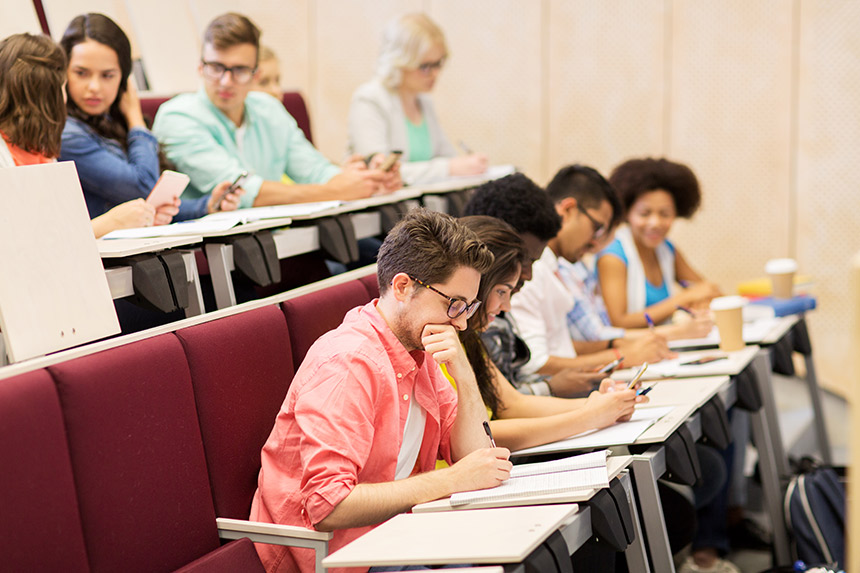How to exchange papers in academic conferences? Exchanging papers at academic conferences is a common practice that facilitates collaboration, networking, and the dissemination of new ideas. Here are some steps and tips to effectively exchange papers and materials during an academic conference:
1. Prepare Your Paper
- Finalize Your Work: Ensure that your paper is polished and ready for sharing. It should be formatted appropriately according to the conference guidelines.
- Create Multiple Copies: Print several copies of your paper to distribute during the conference.
- Digital Format: Prepare a PDF version of your paper which can be shared via email or file-sharing platforms.

2. Network Effectively
- Engage with Other Attendees: Take advantage of networking opportunities in sessions, workshops, and social events.
- Introduce Yourself: Approach researchers in your field and introduce yourself. A brief, engaging summary of your work can spark interest.
- Business Cards: Bring business cards to make it easy for others to remember you and your research.
3. Attend Sessions and Presentations
- Participate Actively: Attend sessions relevant to your research, and don’t hesitate to ask questions.
- Present Your Paper: If you have an opportunity to present your work, do so. This makes it easier for others to ask for your paper afterward.
4. Create an Exchange Mechanism
- Set Up a Sharing Station: If you're in a position to do so, create a space (like a table) where attendees can leave and pick up papers.
- Use Digital Platforms: Utilize services like Dropbox, Google Drive, or research-specific platforms like ResearchGate to share papers electronically.
- Social Media: Share links to your paper or a summary on platforms like Twitter or LinkedIn using the conference hashtag.
5. Request Papers from Others
- Ask Directly: If you’re interested in a specific paper or presentation, don’t hesitate to ask the author if they can share their work.
- Join Discussion Groups: Engage in conversations or discussion panels where paper exchange can naturally occur.
6. Follow Up Post-Conference
- Connect via Email: Reach out to individuals you met and express your interest in their work. You can exchange papers at this point.
- Join Online Communities: Many conferences have associated online groups or forums for continued discussion and paper sharing.
7. Respect Copyright and Sharing Norms
- Check Permissions: Before sharing someone else's paper, ensure you have permission to do so, especially if it is under publication.
- Acknowledge Sources: When using or referencing others' works, always provide proper citations and credit.
Tips for Successful Exchanges
- Be Prepared: Keep your papers ready at all times and be willing to share both electronically and in print.
- Be Professional: Maintain professionalism in all your interactions, as these may lead to future collaborations.
- Stay Organized: Track the papers you receive and make notes about the authors for future reference or collaboration.
By following these steps, you can effectively exchange papers and enhance your experience at academic conferences.

